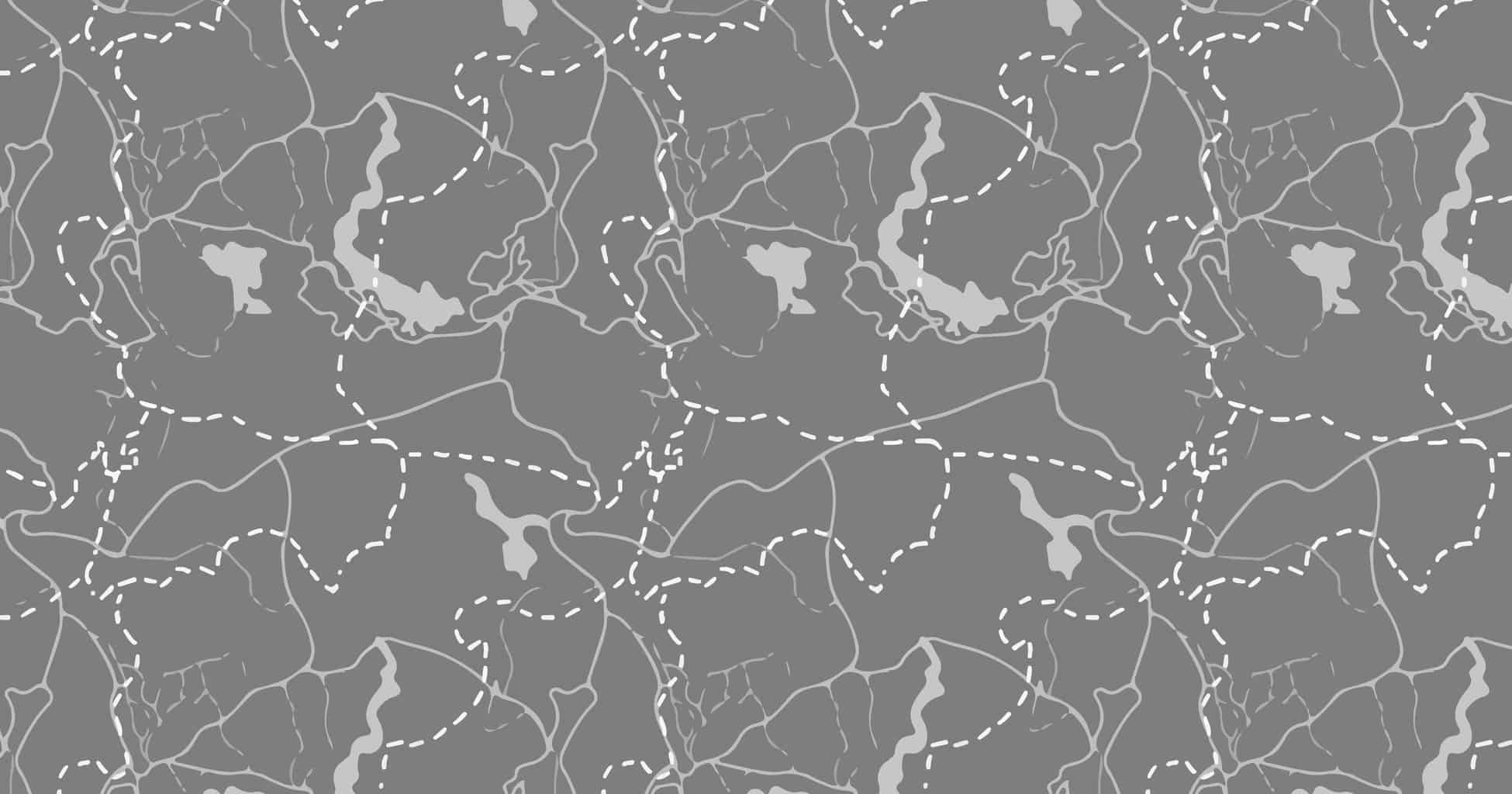Haiti
Haiti
Current and Past Recommendations to the UN Security Council (Monthly Action Points)
In its renewal of the mandate for the United Nations Integrated Office in Haiti (BINUH), the Security Council should maintain the existing WPS provision (S/RES/2476 (2019), OP3), and include new language calling on BINUH to:
- Prioritize engagement with women’s civil society in all peace, security, political and development processes.
- Monitor the implementation of the UN’s New Approach to Cholera (A/71/620) and ensure that the ‘material assistance package’ is gender-sensitive, fully-funded and ensures women’s full participation in its implementation while encompassing a renewed sense of urgency in the context of the COVID-19 pandemic and tropical storm Laura, as victims, and in particular women and children, endure another economic shock (OHCHR).
- Monitor and publicly report on violations of human rights, including women’s rights, in the context of state violence perpetrated against protestors (Amnesty Intl.) as well as alleged state involvement in attacks against civilians allegedly perpetrated by gangs (BINUH, Miami Herald).
- Monitor compliance with the Status of Forces Agreement, Haitian law and the UN’s policies on the facilitation of child support claims arising out of sexual exploitation and abuse (SEA) by UN peacekeepers and personnel, and on the provision of material assistance to victims/survivors and their children.
- Mainstream gender analysis in future reporting, particularly on efforts to ensure women’s safe, full, equal and meaningful participation in parliamentary elections (S/2020/123), and on the response of security forces to violence perpetrated by gangs.
Briefings by senior UN officials and statements delivered by Council members should focus on BINUH’s implementation of the full scope of its WPS mandate and include details on ways that the mission is addressing GBV and SEA by UN peacekeepers and personnel. Survivors of GBV, including women, girls and gender-non-confirming people, continue to face barriers to justice, exacerbated by political instability and the national lockdown, resulting from weak legal protections and limited institutional support structures and services (Pass Blue, OutRight Action Intl., Miami Herald). Importantly, the penal code reforms, which include better legal protection against GBV by criminalizing marital rape and sexual harassment, represent long overdue improvements in addressing GBV. However, the process through which the reforms were implemented was opaque and has been referred to as unconstitutional; thus, it remains a challenge to ensure that GBV prevention and protection is integrated into a procedurally clear and accepted law before and after the reforms come into effect in two years.
Relevant Resources




